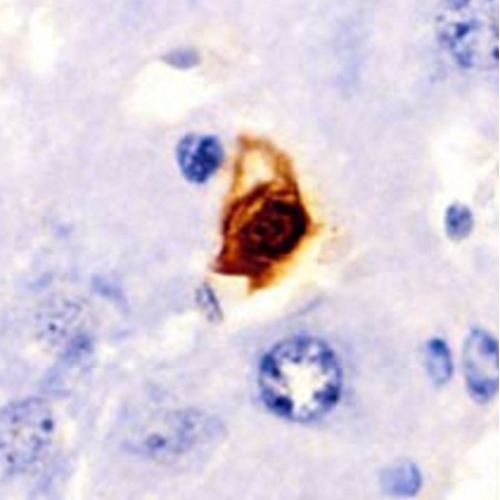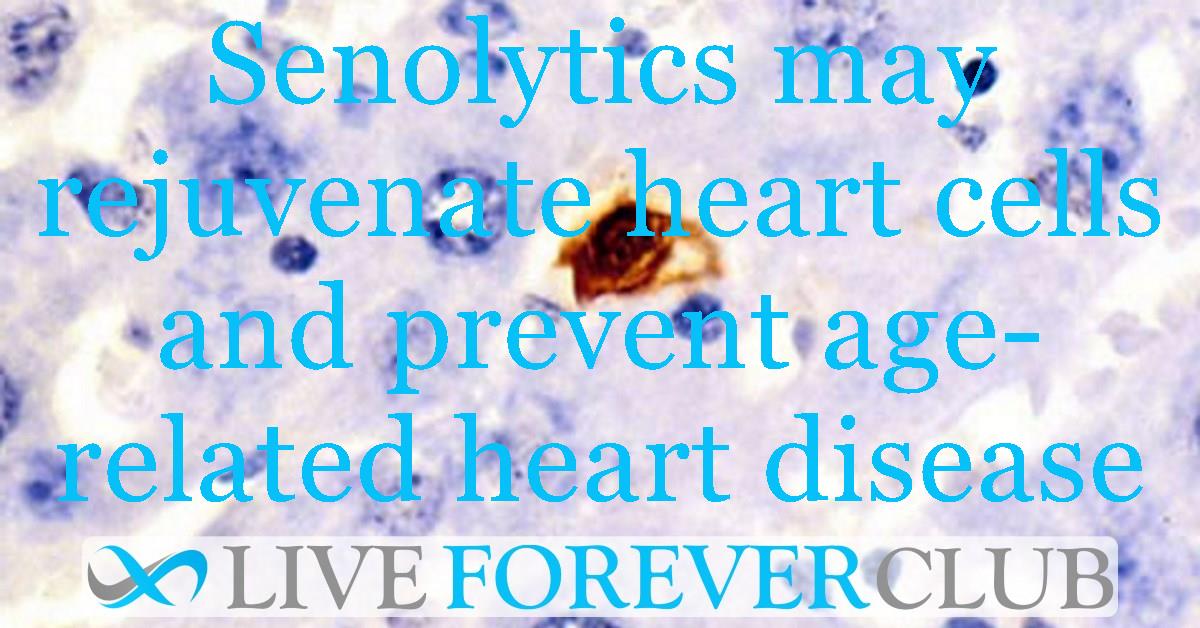It's a known fact that as we age, our body's ability to repair and rejuvenate diminishes. The heart, a pivotal organ, is no exception to this rule. But what if there was a way to bring back the youthful vigour of heart cells? A recent study published in The Journal of Cardiovascular Aging might have the answer.
The Wonders of Senolytics
Senolytics are a class of drugs that specifically target and eliminate senescent cells - the 'zombie' cells that accumulate with age and contribute to various age-related diseases. These cells not only lose their function but also secrete harmful substances that damage neighboring cells.
Researchers from King’s College London, investigated the potential of senolytics to rejuvenate two vital types of heart cells: cardiomyocytes (heart muscle cells) and endothelial cells (cells lining the blood vessels).
The Heart of the Matter: The Study Details
The team used human cardiomyocytes and endothelial cells for their experiments. They introduced senescence in these cells, mimicking the natural ageing process. Post this, they treated these aged cells with senolytics.
The focus was to observe:
- The efficiency of senolytics in eliminating senescent cells.
- The impact of this treatment on the reparative abilities of these cells.
Results: A Glimmer of Hope
The results were nothing short of promising. After treatment with senolytics:
- A significant reduction in senescent cells was observed.
- The treated cardiomyocytes showed enhanced reparative abilities.
- Endothelial cells, too, displayed improved function, suggesting better blood vessel health.
While the exact statistics from this study are intricate, the key takeaway is that senolytics indeed have the potential to reverse some age-associated changes in heart cells.
What Does This Mean for Us?
The findings of this research are monumental for several reasons:
Heart Disease and Ageing: Heart diseases remain one of the top killers globally. Age is a significant risk factor for many cardiovascular diseases. By targeting the ageing cells in the heart, we might be on the brink of revolutionising treatments for age-related heart conditions.
Beyond the Heart: The concept of senolytics isn’t just confined to heart health. The ability to target and eliminate senescent cells has implications for a range of age-related diseases, from neurodegenerative conditions to diabetes.
A New Era of Medicine: We are looking at the dawn of an era where ageing might not necessarily mean a decline in health. With advancements like senolytics, the golden years can truly shine.
In Conclusion,
While the path from this research to practical treatments might still be long and requires further studies, there's no denying the excitement in the scientific community. The research offers a beacon of hope in our quest to age healthily and gracefully.






